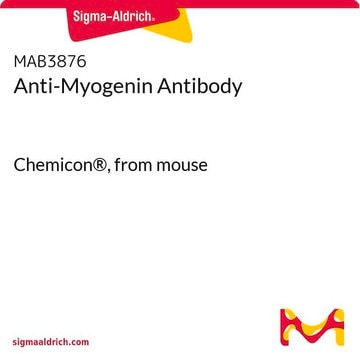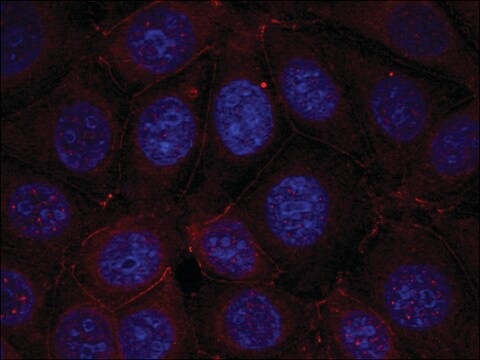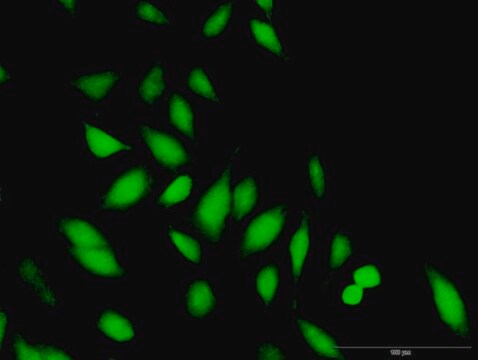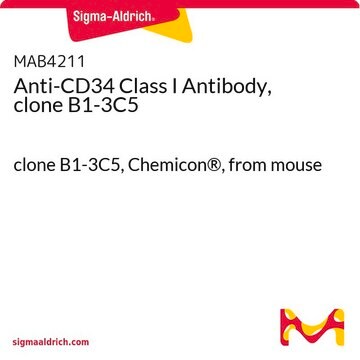SAB4300464
Anti-APP (Ab-668) antibody produced in rabbit
affinity isolated antibody
Sinónimos:
Anti-AAA antibody produced in rabbit, Anti-ABETA antibody produced in rabbit, Anti-ABPP antibody produced in rabbit, Anti-AD1 antibody produced in rabbit, Anti-amyloid beta (A4) precursor protein antibody produced in rabbit
About This Item
WB
western blot: 1:500-1:1000
Productos recomendados
biological source
rabbit
Quality Level
conjugate
unconjugated
antibody form
affinity isolated antibody
antibody product type
primary antibodies
clone
polyclonal
form
buffered aqueous solution
mol wt
100-140 kDa
species reactivity
human, mouse, rat
concentration
1 mg/mL
technique(s)
indirect immunofluorescence: 1:100-1:200
western blot: 1:500-1:1000
isotype
IgG
immunogen sequence
( A-V-T-P-E)
NCBI accession no.
UniProt accession no.
shipped in
wet ice
storage temp.
−20°C
target post-translational modification
unmodified
Gene Information
human ... APP(351)
Categorías relacionadas
General description
Immunogen
Application
- immunohistochemistry
- immunolabeling
- western blotting
- immunoprecipitation
Biochem/physiol Actions
Features and Benefits
Target description
Physical form
Disclaimer
¿No encuentra el producto adecuado?
Pruebe nuestro Herramienta de selección de productos.
Storage Class
10 - Combustible liquids
wgk_germany
WGK 1
flash_point_f
Not applicable
flash_point_c
Not applicable
Elija entre una de las versiones más recientes:
Certificados de análisis (COA)
¿No ve la versión correcta?
Si necesita una versión concreta, puede buscar un certificado específico por el número de lote.
¿Ya tiene este producto?
Encuentre la documentación para los productos que ha comprado recientemente en la Biblioteca de documentos.
Nuestro equipo de científicos tiene experiencia en todas las áreas de investigación: Ciencias de la vida, Ciencia de los materiales, Síntesis química, Cromatografía, Analítica y muchas otras.
Póngase en contacto con el Servicio técnico








